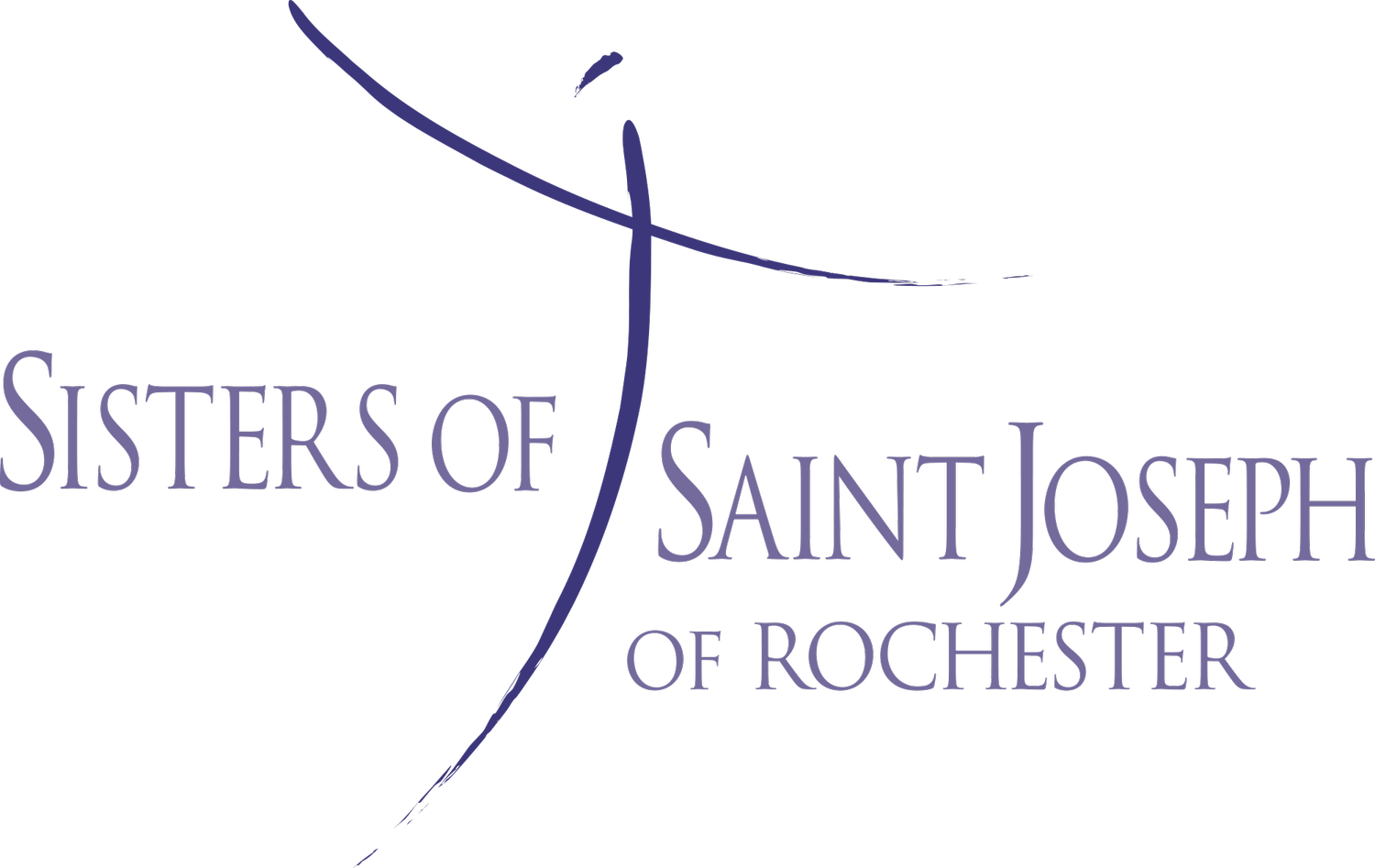Voices from the Amazon at the People's Summit: A Transformative Experience
Sister Joana (center) at the People’s Summit Towards COP30
By: Sister Joana Dalva Alves Mendes
Recently, I had the privilege of participating in the People's Summit Towards COP30. This parallel event, which took place during the days of the United Nations Climate Change Conference COP30, was a space of resistance and proposition that took place in the city of Belém in the state of Pará, Brazil. It was a truly rich and inspiring experience and a stark reminder that real solutions to the climate crisis do not come without the participation of Indigenous and riverine populations, as they are the ones who live on the frontlines of the impacts. All creation suffers the direct impacts, but those who are most penalized are the populations that live in the communities of the Amazon region, especially those whose livelihood comes from extractivism of nuts, fruits, latex, etc.
During the event, I participated in several activities focused on energy transition from fossil fuels and its direct impacts on the territories and way of life of different peoples, with a special emphasis on Indigenous and riverine communities. The discussions underscored the urgent need for a just transition, one that respects territorial rights and includes the ancestral wisdom of these peoples, rather than imposing "false solutions" that often generate more conflict and inequality.
In addition to the debates, exhibitions and discussions, the experience in the capital of Pará was enriched by direct contact with the grandeur of local nature, which we had the opportunity to experience in visits to spaces such as the Emílio Goeldi Museum of Pará, one of the oldest in the Amazon, containing several indigenous artifacts and the list of all native peoples (by state) existing in Brazil. There, the natural beauty and cultural richness of the region met, reinforcing the urgency of its preservation.
Another space for deep reflection was the Ecumenical and Interreligious Tapiri, where the topics discussed resonated with the concept of Care for the Common Home, so emphasized by the late Pope Francis. We could see that spirituality and faith have joined the struggle for climate justice and democracy, underlining that the environmental crisis is, above all, an ethical and spiritual crisis that requires a radical change of mentality and action. Although the discussion is rich, I felt that we in the religious environment had diversified our activities too much; in addition, our event was held in a space separated from the main venue organized by the People's Summit. Perhaps we would have benefitted more if there had been greater convergence of our efforts. I feel like we often end up talking about our issues among ourselves.
The discussions at the Summit also gave great visibility to agroecological initiatives as real and sustainable paths of food production and environmental conservation. These practices demonstrate that it is possible to reconcile production with the regeneration of ecosystems, sustainability, while valuing the knowledge of family farmers and traditional peoples.
It was a great honor for me to participate as a Sister of Saint Joseph of Rochester, along with other Sisters and lay people of the Joseph Family and also to represent the Association of Education, Culture and Citizenship (ADEC) which in addition to the proposal "Planting for the Planet" has carried out actions with planting trees in the Cerrado, the biome which is recognized as the "cradle of waters" that sustains Brazil and has a strategic importance, where local conservation reverberates in national impact. We know the urgency of planting seeds of change. This had materialized in an inspiring action in Goiânia. Together with adults and children from our religious education program, we carried out a planting of seedlings by ADEC and the project “Compassionate Goiânia,” a symbolic act that reminds us that taking care of life is a local action that is fundamental for global transformation.
The culmination in Belém was on November 16, during a closing Political Act of the People’s Summit, when two crucial documents, the “Final Letter of the People's Summit” and the Letter of the “Children and Adolescents of the Children's Summit” were delivered to the Brazilian Minister of the Environment and the President of COP30. These documents synthesize the collective demands and proposals of social movements, calling for popular participation and peoples' sovereignty in climate decisions.
The People's Summit demonstrated, once again, that it is not possible to tackle the climate crisis without dealing with inequality. I leave Belém with the certainty that the union of social movements, churches and traditional peoples in defense of the demarcation of indigenous lands, the preservation of our "Common Home" and respect for territories, is the key to building a sustainable and just future. We need to keep striving and strengthening our struggles!





